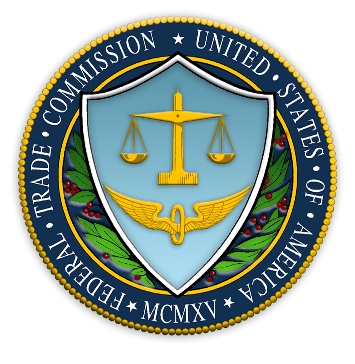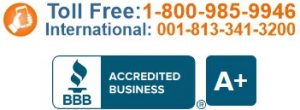FTC Bans Timeshare Reseller, Imposes $4.2 Million Fine

 Under a settlement with the Federal Trade Commission, Albert M. Wilson, owner and manager of Vacation Property Services, Inc. has been permanently banned from the timeshare resale and rental business, and from all telemarketing. The settlement order also imposes a judgment of more than $4.2 million.
Under a settlement with the Federal Trade Commission, Albert M. Wilson, owner and manager of Vacation Property Services, Inc. has been permanently banned from the timeshare resale and rental business, and from all telemarketing. The settlement order also imposes a judgment of more than $4.2 million.
The case is part of the FTC’s ongoing effort to crack down on scammers who use fraud and deception to take advantage of consumers in financial distress.
The settlement followed a court ruling that the company violated the FTC Act and Telemarketing Sales Rule (TSR) by misrepresenting the company’s refund policy and the existence of potential buyers. The complaint also charged the defendants with calling hundreds of thousands of consumers whose phone numbers are on the FTC’s Do Not Call Registry.
Vacation Property Services, Inc. was found to have made tens of thousands of unsolicited telemarketing calls to timeshare owners falsely claiming that they already had, or could quickly find, buyers for the owners’ timeshares. Vacation Property Services demanded that clients pay a large up-front fee to facilitate the sale.
This case one again highlights the importance of choosing licensed and BBB accredited timeshare brokers to sell your vacation property.
The FTC goes on to offer the following stipulations for avoiding fraud and scams when attempting to sell your timeshare on the resale market:
- Don’t agree to anything on the phone or online until you’ve had a chance to check out the reseller. Contact the Better Business Bureau (www.bbb.org), state Attorney General (www.naag.org), and local consumer protection agencies (www.consumeraction.gov) in the state where the reseller is located. Ask if any complaints are on file.
- Ask the salesperson for all information in writing.
- Ask if the reseller’s agents are licensed to sell real estate where your timeshare is located. If so, verify it with the state Real Estate Commission. Deal only with licensed real estate brokers and agents, and ask for references from satisfied clients.
- Ask how the reseller will advertise and promote the timeshare unit. Will you get progress reports? How often? Ask about fees and timing. It’s preferable to do business with a reseller that takes its fee after the timeshare is sold. If you must pay a fee in advance, ask about refunds. Get refund policies and promises in writing.
- Don’t assume you’ll recoup your purchase price for your timeshare, especially if you’ve owned it for less than five years and the location is less than well-known.


